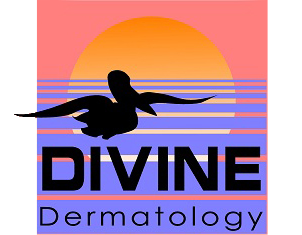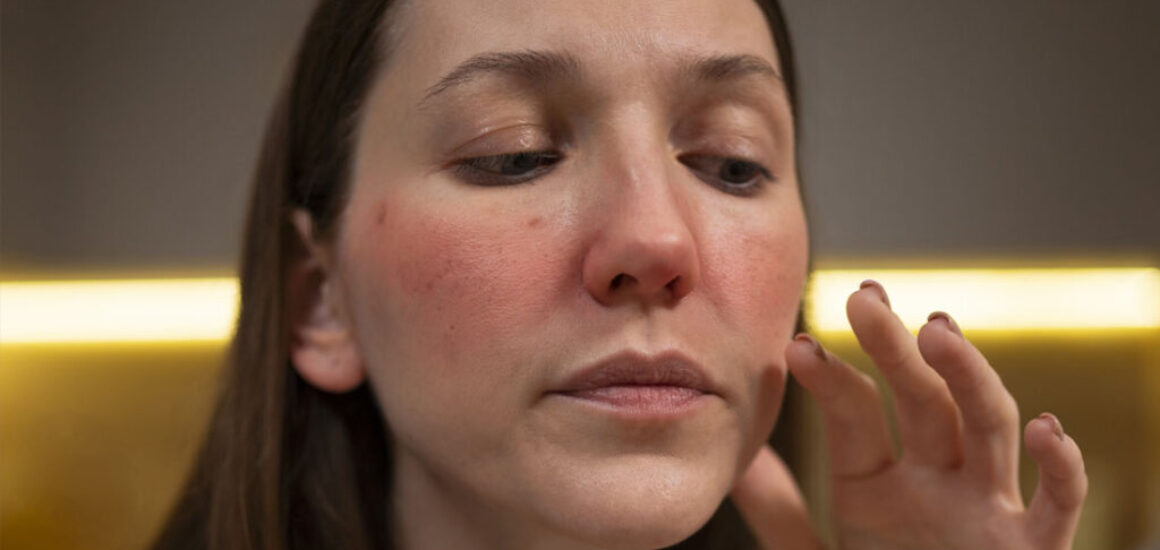The Four Types of Rosacea
Rosacea is an incurable skin condition that affects more than 14 million in the US alone. It’s characterized by flushing and inflammation of the skin on the face. However, there is more than just one type that many people may be familiar with. Here are four types of rosacea:
- ETR Rosacea – This subtype’s symptoms include flushing and redness in the center of the face, along with visible broken blood vessels. The skin might be swollen or sensitive, and have a stinging or burning sensation. Sometimes the complexion of the affected area might by rough with some scaling.
- Papulopustular/”Acne” Rosacea – The symptoms of this type of rosacea can be similar to an acne breakout. Acne rosacea is common in middle-aged women, and is characterized by raised patches of skin that can be oily, sensitive and with small whitehead pustules that can be filled with pus. It’s called “acne rosacea” because it’s commonly misdiagnosed as an acne breakout.
- Phymatous Rosacea – This is a much rarer subtype and it causes the skin to thicken and scar, resulting in a bumpy, swollen and discolored complexion. The primary area affected by this type of rosacea is the nose. The person usually ends up with a bulbous nose, also known as rhinophyma. Phymatous rosacea is more diagnosed in men than in women.
- Ocular Rosacea – The symptoms of this type of rosacea are watery and bloodshot eyes. There may be feelings of constant irritation or burning, along with persistent dryness. The eyes might also feel a bit sensitive, along with the formation of cysts along the eyelids. Vision might also be affected because of the dryness and irritation.
The best way to identify the type of rosacea one may have is to visit their dermatologist. They will be able to provide a complete diagnosis and formulate a treatment plan. A complete diagnosis includes identifying symptoms, and triggers that contribute to the symptoms. They will be able to provide medical treatments, like antibiotics and anti-inflammatory drugs, along with changes to habits to minimize the flare-ups.
Between now and the end of the month, Divine Dermatology is providing FREE skin checks to help diagnose conditions like rosacea.




